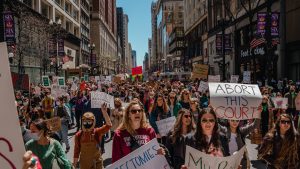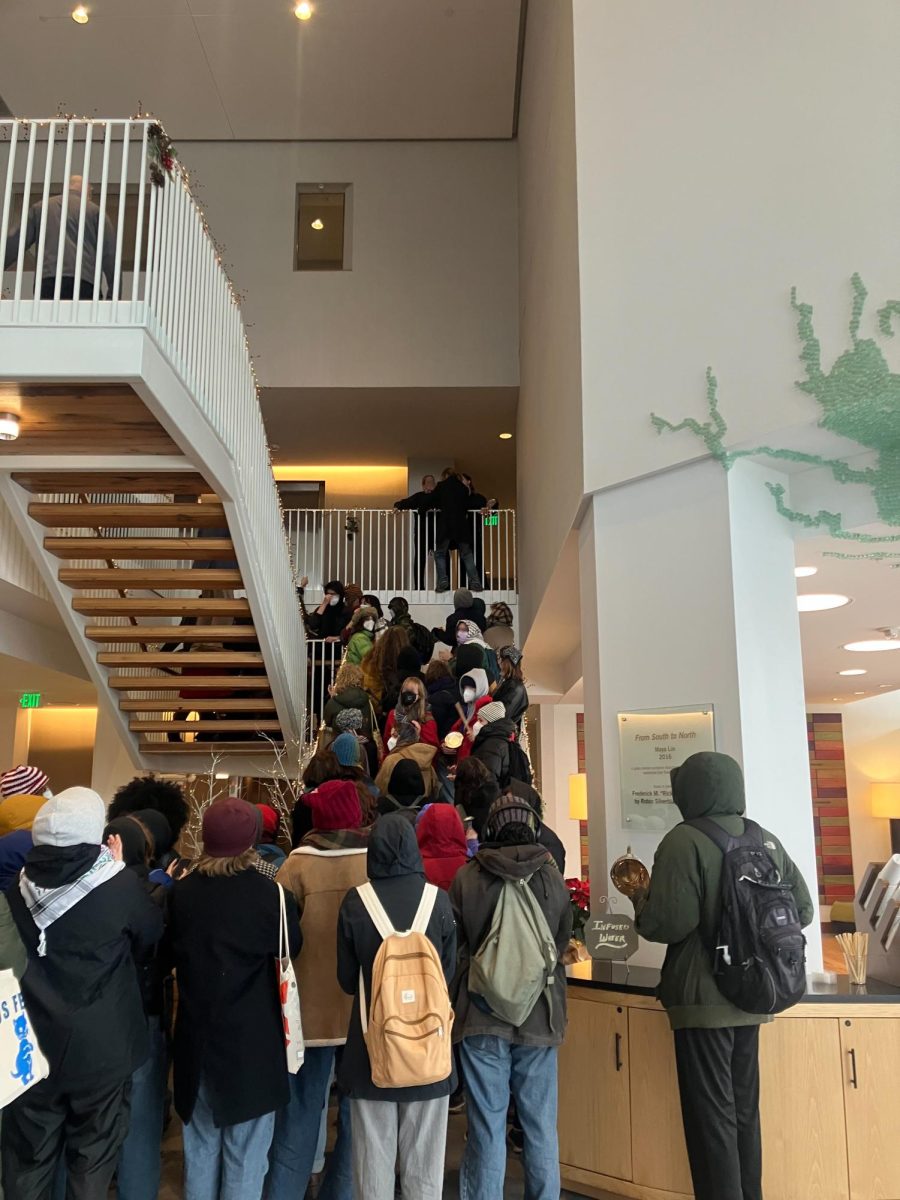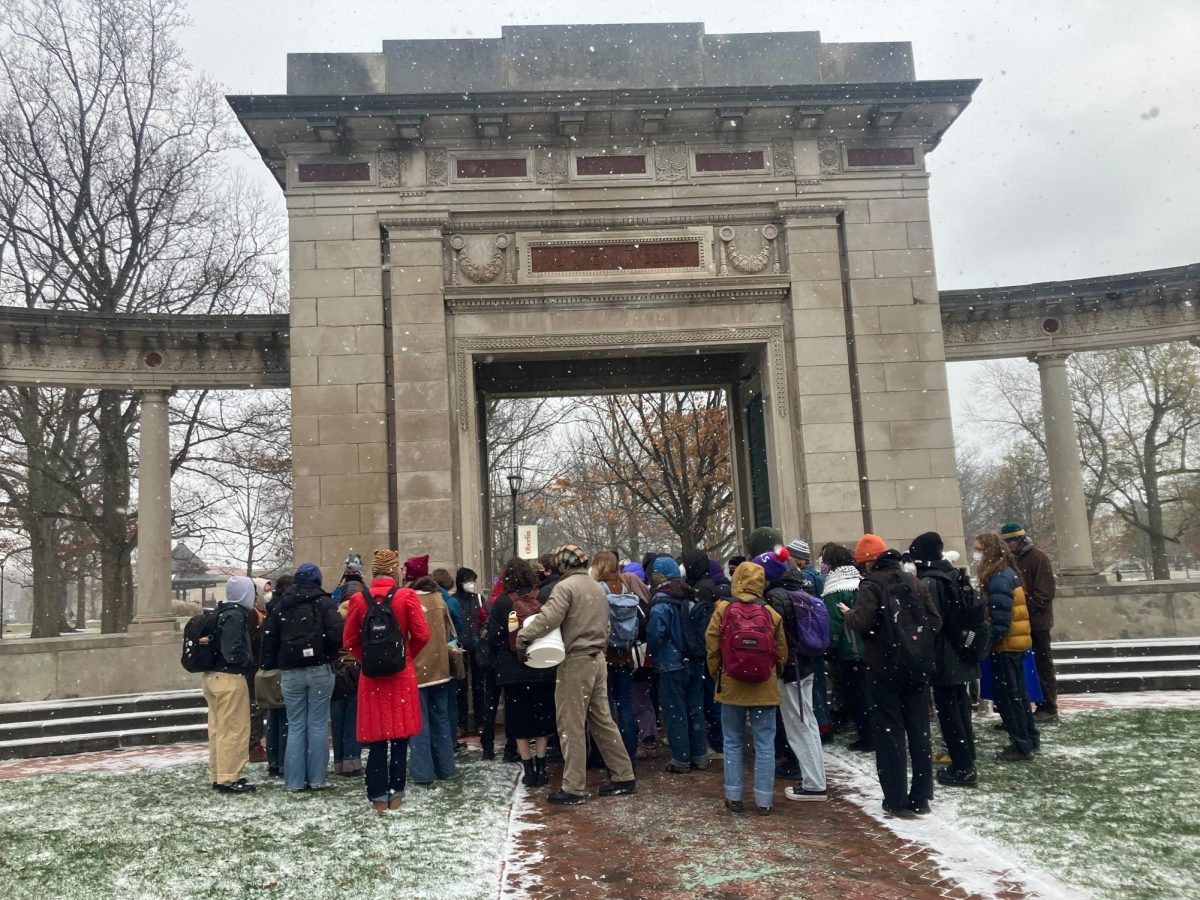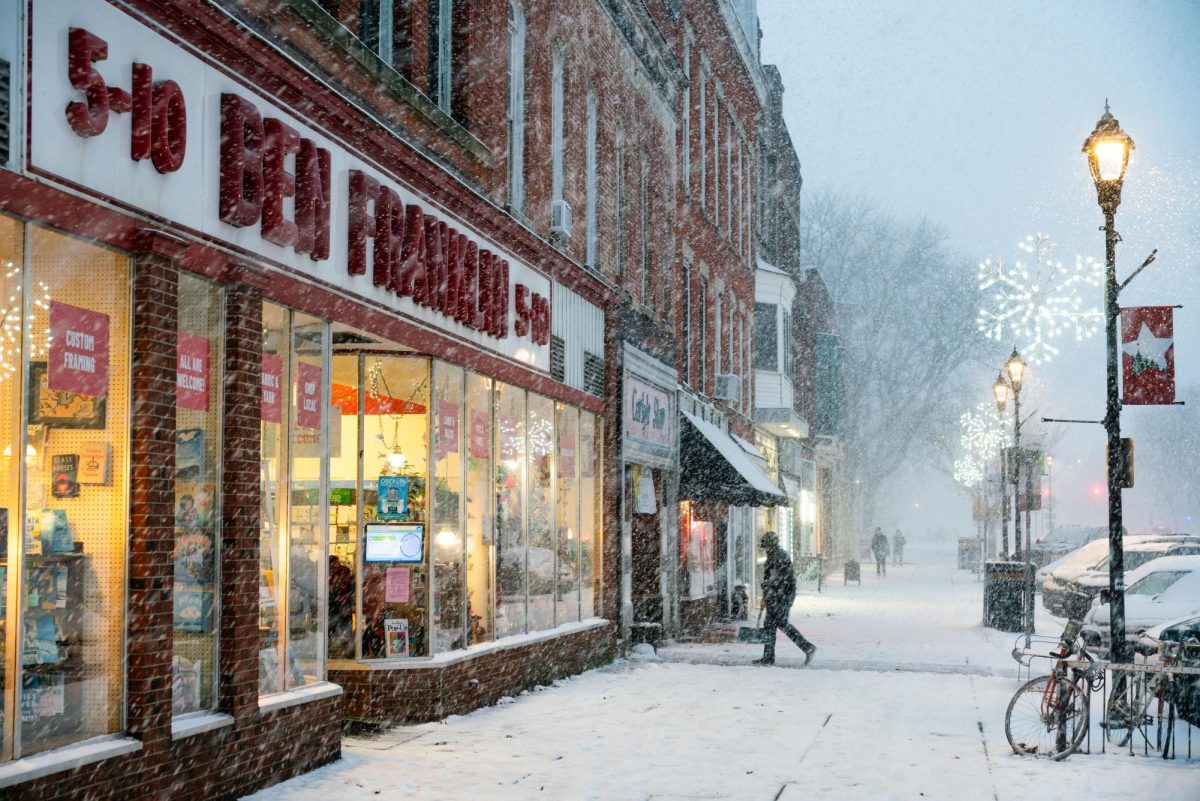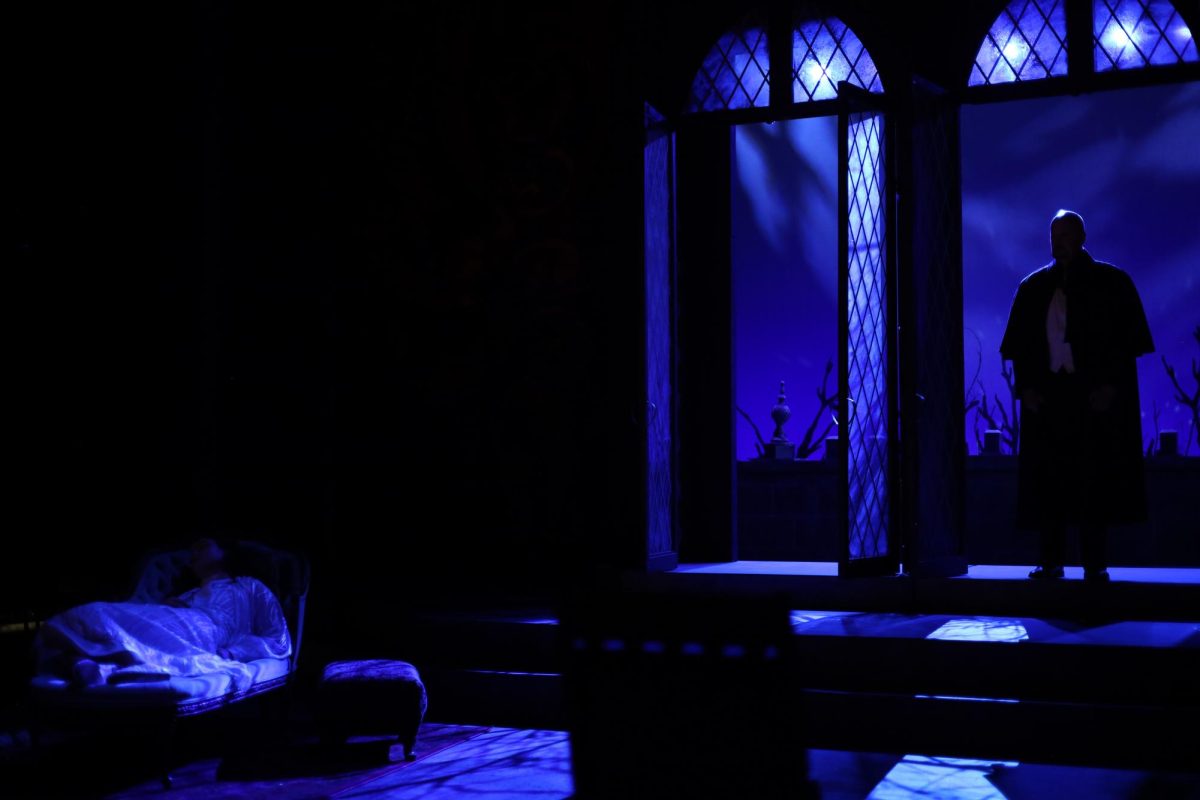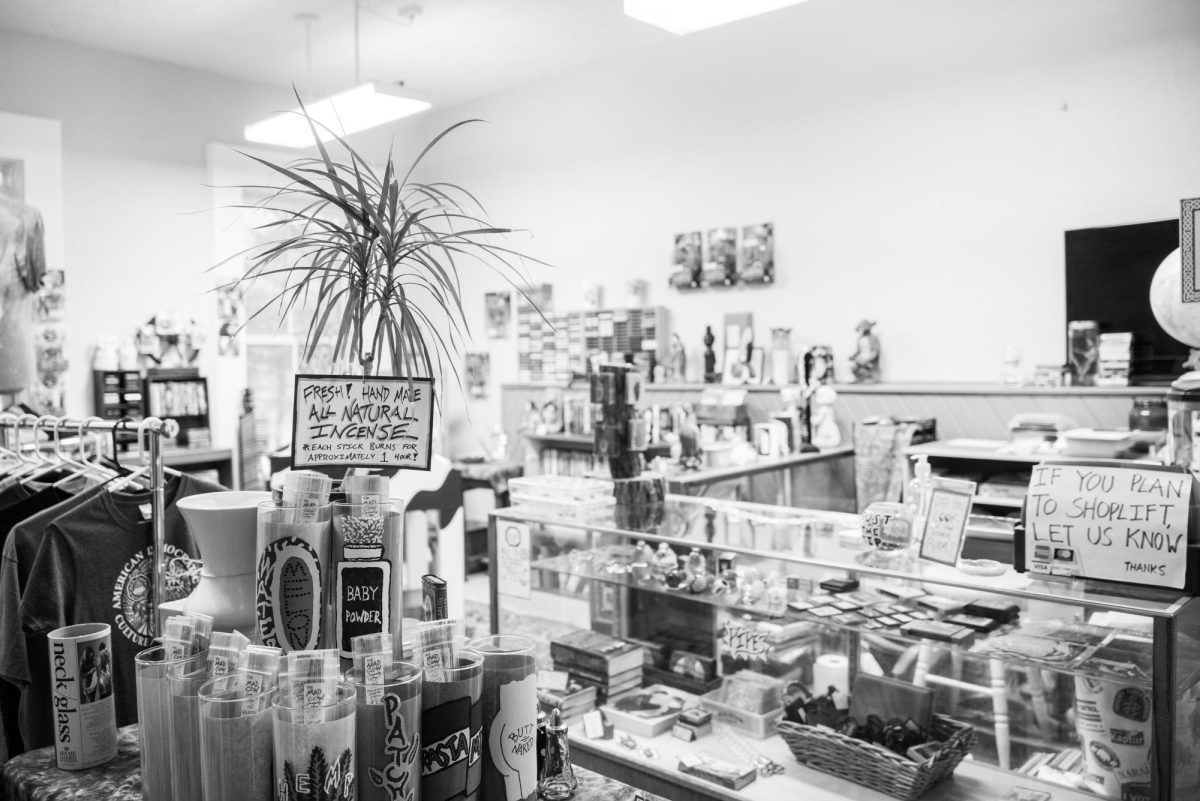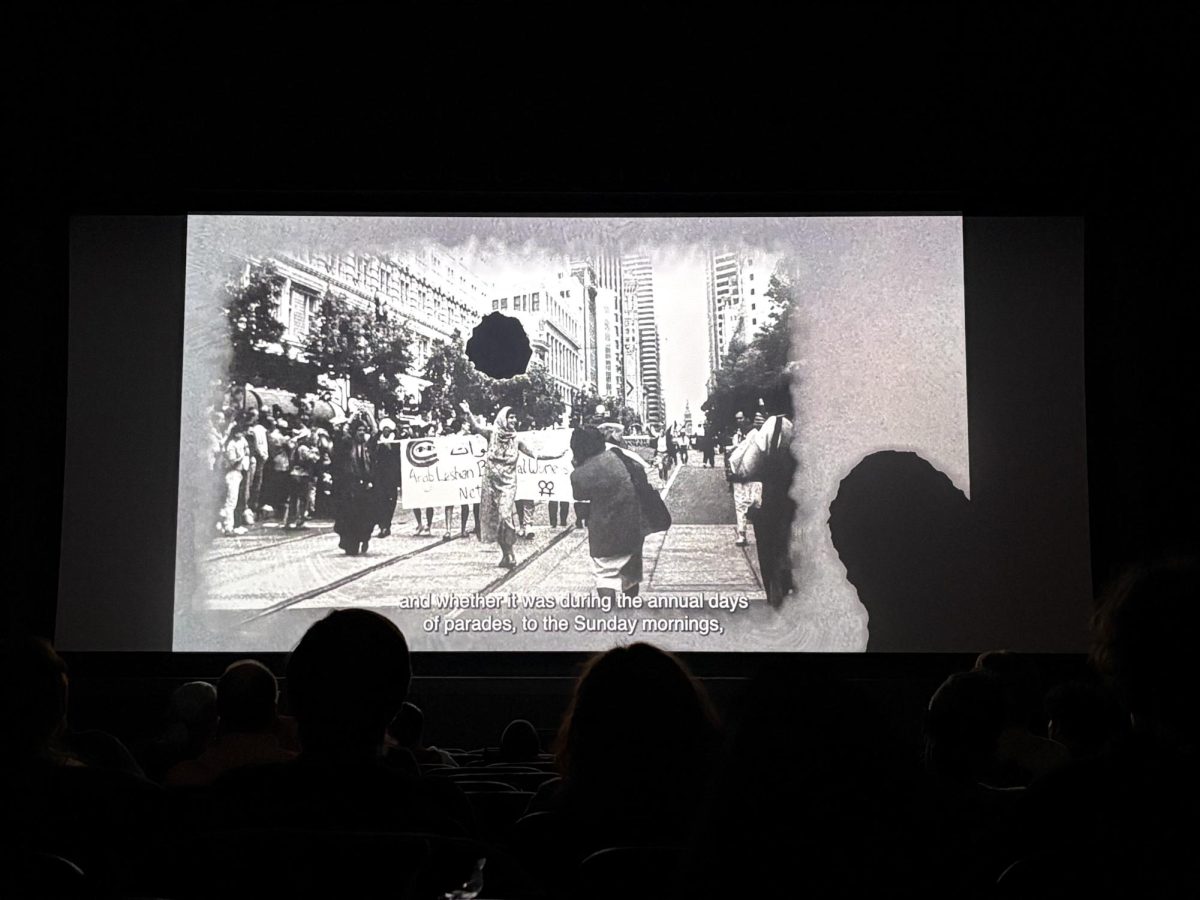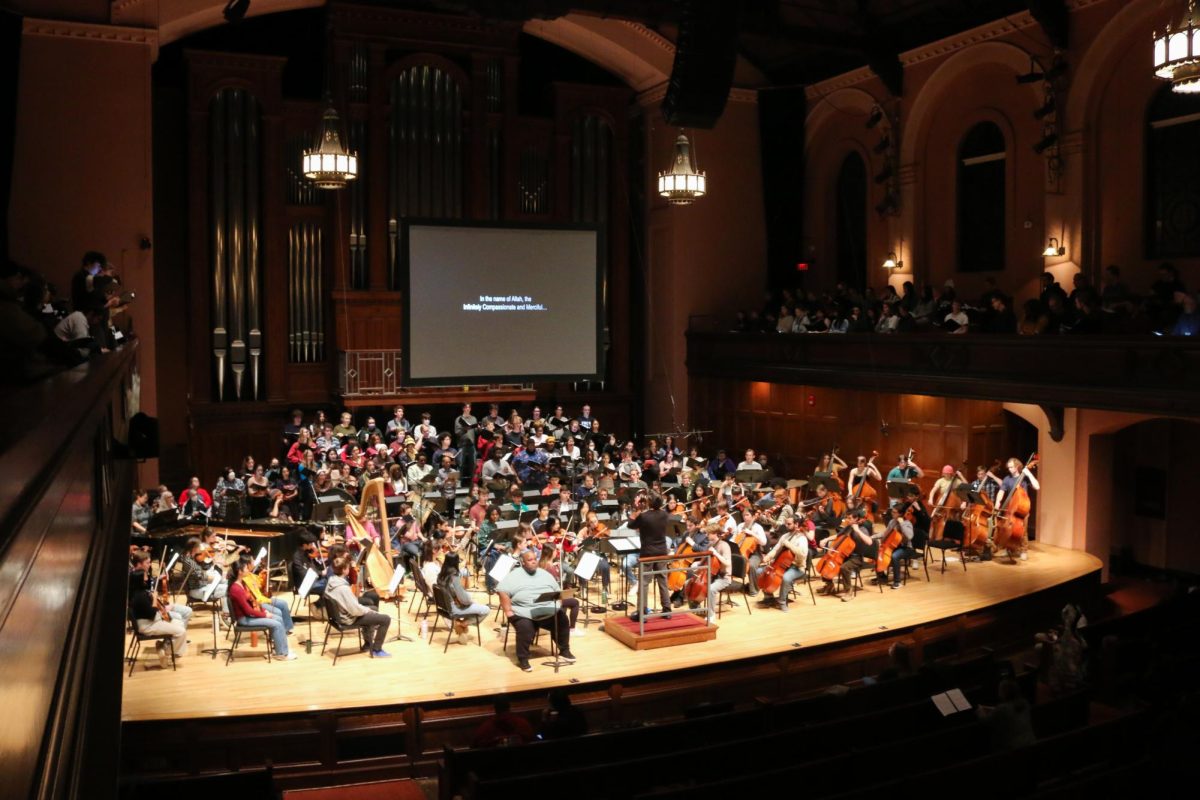Activists Must Tackle Bigotry on Local Level
March 10, 2017
Donald Trump’s presidency endangers many people in the United States, citizens and non-citizens alike. Over the past week and a half, this threat has materialized in a very real way for the Oberlin and greater Lorain County communities.
Earlier this month, a swastika and hate speech were carved into the door of a synagogue in Lorain. A Facebook page called Oberlin Illegal Immigrant Tipline began encouraging people to report undocumented immigrants in our community.
These dehumanizing acts of hate are local, immediate examples of how Trump’s rhetoric is inciting violence in increasingly personal and intense ways. We as a country put a virulent racist in the White House, and now we’re seeing the impact of that in our own communities as Trump’s hateful ideology has trickled down from Washington to every corner of this nation.
To be sure, forces of bigotry and discrimination were alive and well in the U.S. before Trump’s inauguration. But his election has certainly legitimized strains of white nationalism and xenophobia, including in Oberlin.
For many, Trump’s presidency promised a return to the “good old days” in which white men were the undisputed ruling class and everybody else was subordinate in the eyes of the law. Vandalism at the Lorain synagogue and the creation of the tipline group, among other actions, are direct manifestations of that vision.
These recent local developments and national actions from the Trump administration, such as the travel ban and an increased emphasis on deporting undocumented immigrants, have, for good reason, spawned great fear and uncertainty. However, they have also emphasized the personal obligation we all have to look out for both neighbors and strangers.
There are people who do not share the vision of equity and inclusion that is so important to most Oberlin students. And some of those people live just down the road from us. No longer can the privileged members of our community — white U.S. citizens, to start — address the risk of Trump’s presidency in a distant, academic context. The danger has arrived at our doorstep, and we must be prepared to stand by targeted members of our community in more effective ways.
For those of us who have not been directly impacted by the outcomes of Trump’s rhetoric, ongoing incidents in our community must serve as a call to action. The threat to our neighbors is clear and present, and our responsibility to honor and protect the humanity of our peers is stronger than ever.
Oberlin students like to talk about using their privileges to support those who have been marginalized or silenced. Now is a vital time to turn that talk into action. We must affirm our commitment to supporting those who are directly affected by recent and developing events. We must raise our voices against any and all actions that violate our values of equity and inclusion.
In preparing to raise our voices and take action, we must be conscious of groups in our community that are already leading the way on these important issues. While passion is commendable and encouraged, it is important to not duplicate the already effective efforts of others.
This weekend provides an immediate opportunity to get involved. The Student Labor Action Coalition is hosting a Weekend of Action that provides options for students offended and energized by recent events, both locally and nationally, to get involved with campus activism. Obies for Undocumented Inclusion is also active on campus. Leaders from these groups have been in this fight for a long time, and they know what they’re doing — listen to what they have to say and learn where your advocacy will be most effective.
In times that challenge our shared humanity, there can be a natural inclination to freeze and fail to act, perhaps in the futile hope that a lack of change in our behavior will somehow signify that nothing in our communities has changed. But so much has changed. While the future is uncertain, our commitment to justice and action should not be.
At other points in Oberlin’s history, people were morally compelled to take action to defend the humanity of their friends, neighbors and strangers. Oberlin remembers with great pride that it was a once a stop on the Underground Railroad, a place where those fleeing legalized slavery and oppression could briefly seek refuge.
The challenges faced today are undeniably different. But it is vital that we maintain that same welcoming spirit of inclusivity. Oberlin can — and must — be a place that opens its arms to those facing persecution.
Let those in Lorain County, the state of Ohio and the greater United States know Oberlin as a place that, when faced with injustice both locally and nationally, decided to take a stand.



